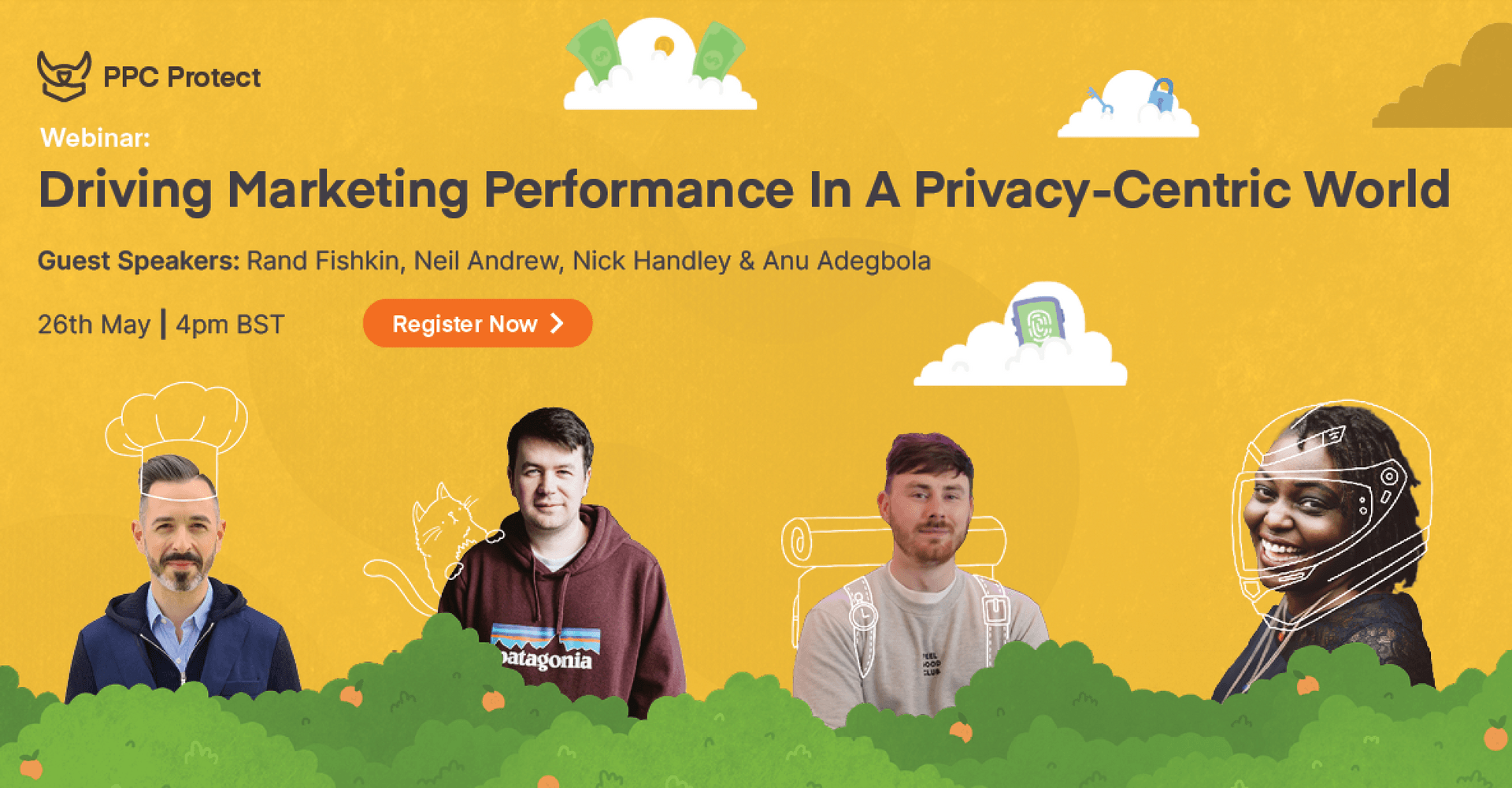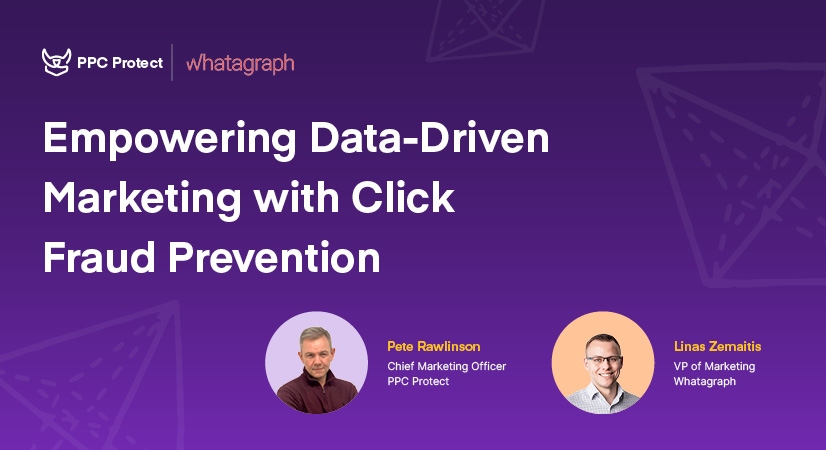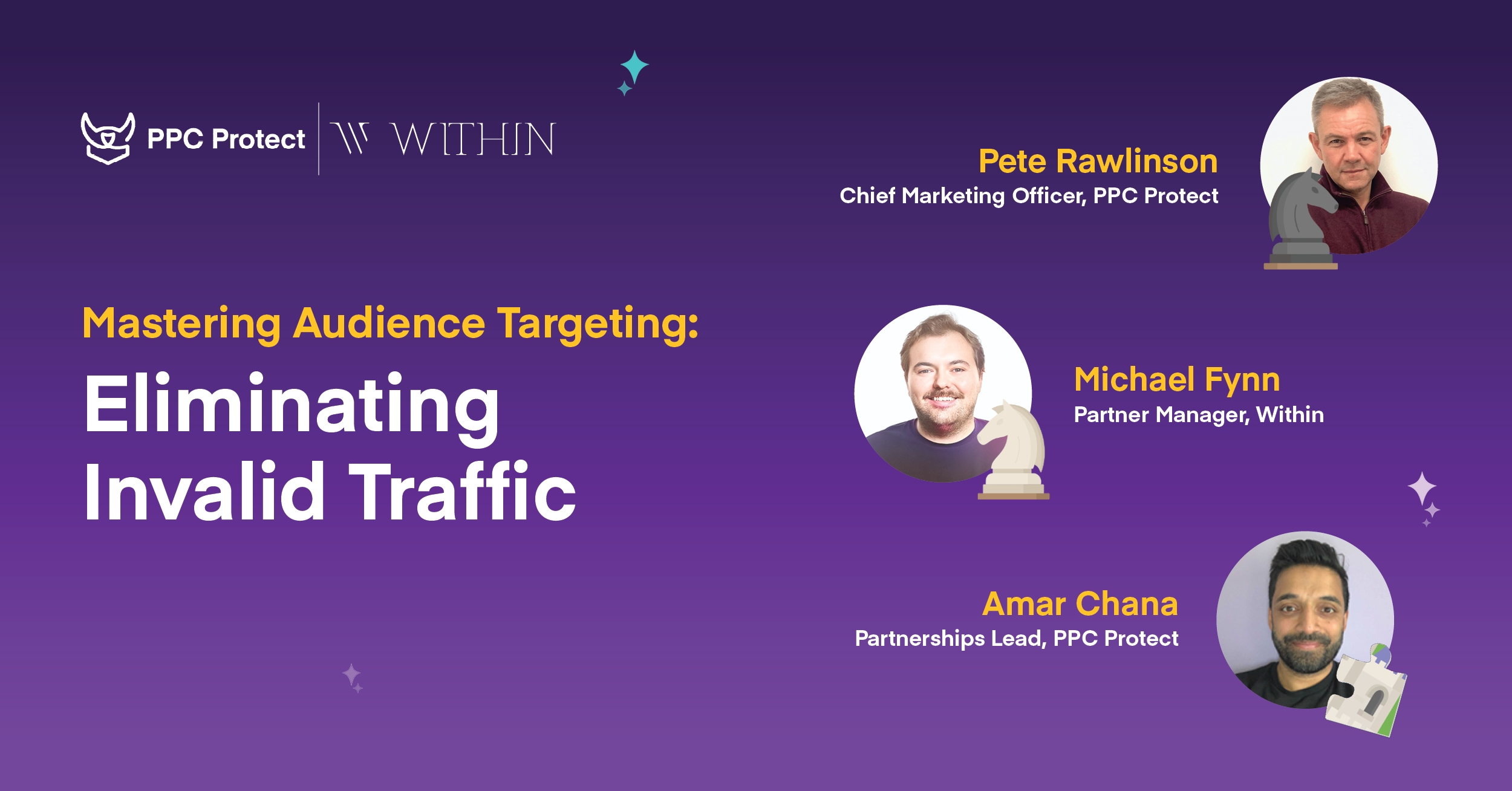As privacy regulations shape a new digital landscape, measuring success and driving performance presents a daunting, but exciting, challenge for marketers.
Last week we ran a webinar with over 900+ marketers registering from all over the world to learn more about the implications of automation and privacy on measuring marketing performance.
Read on to see what our guests have to say about:
- The role of automation in digital advertising
- Measuring success in the cookieless world 🍪
- Why first-party data is a marketer’s pot of gold
After a brief intro session that took in cooking, cats, motorbikes, and hiking in the Yorkshire rain, our Head of Demand Generation, Leonardo Pizarro, asked our panel for their thoughts on the first topic of the day – the role of automation in modern marketing.
“It’s the future… but the problem is two-fold,” said Neil Andrew, CEO at Lunio. “Firstly, automation becomes difficult without access to reliable third-party data, which means an increase in reliance on first-party data.”
Could Google and Facebook’s automated recommendations pick up the slack?
“And secondly, we can’t take the insights that Google, Facebook (et al) are providing at face value.”
So, no.
Anu Adegbola, Founder of the PPCChat Podcast, added “The worry is that people think it’s automation or nothing. That one package fits all. That we need to implement all Google recommendations. But we don’t.”
This incentivizing of automation goes hand in glove with the seeming success of paid search. “But plenty of businesses have scaled back paid search and still get great conversions,” says Rand Fishkin, Co-Founder & CEO of SparkToro.
This is true. Case in point, Airbnb, who reduced its performance marketing spend by 45% in the first three months of 2021, buoyed by the impact of its permanent shift towards brand marketing.
In short – some automation can be useful, but it isn’t everything. Don’t feel pressured to implement it.
Next up – a chat about measuring the success of paid search.
Nick Handley, Performance Director at Rise at Seven highlights the importance of using cross-channel attribution models, “but the truth is that there’s nothing concrete at the moment. There’s no solid answer because the landscape is constantly changing.”
One thing is certain though – data hidden by siloed platforms is not as much of a deterrent as it used to be. Marketers are cottoning on to the fact that it is possible to achieve great results without paid search, or apportioning less of a budget to it.
This led nicely on to the final topic of the discussion – the importance of first-party data – and, specifically, how to make the best use of it.
We discussed this in our recent Advertising in a Privacy-First World guide, which said, “You may already be collecting first-party data using tracking cookies across your website or app. Take the time to get to know these customers better. Understand how you can use what you have to personalize their customer experience.
Then think about ways to capture better quality data from customers – attributes that will help you to improve their experience. This in turn increases customer happiness and loyalty to your brand. Which means they’ll give you more data, and around we go.”
This principle of continuous improvement also serves to enhance machine learning, increase measurable touchpoints and, crucially, improve the quality of data, something that was significantly lacking with third-party data.
But, for all the talk about data and metrics, there’s something that all present agreed on – that some of the best marketing cannot be measured or attributed.
Worrying about metrics goes against the spirit of the move towards a more privacy-centric world. Not everything should be data-driven. “Gut feel” should still be a factor in marketing, as Neil mentions.
This is a chance for marketers to get creative. To not think about finding technical workarounds.
So “focus on strategy, not attribution,” says Rand, “on your audience and intent, not how many clicks you get.”
“Start using first-party data right now,” concludes Anu – we can’t say any more than that!
For more insights around driving marketing performance in a privacy-first world, you can watch the webinar in full below.







